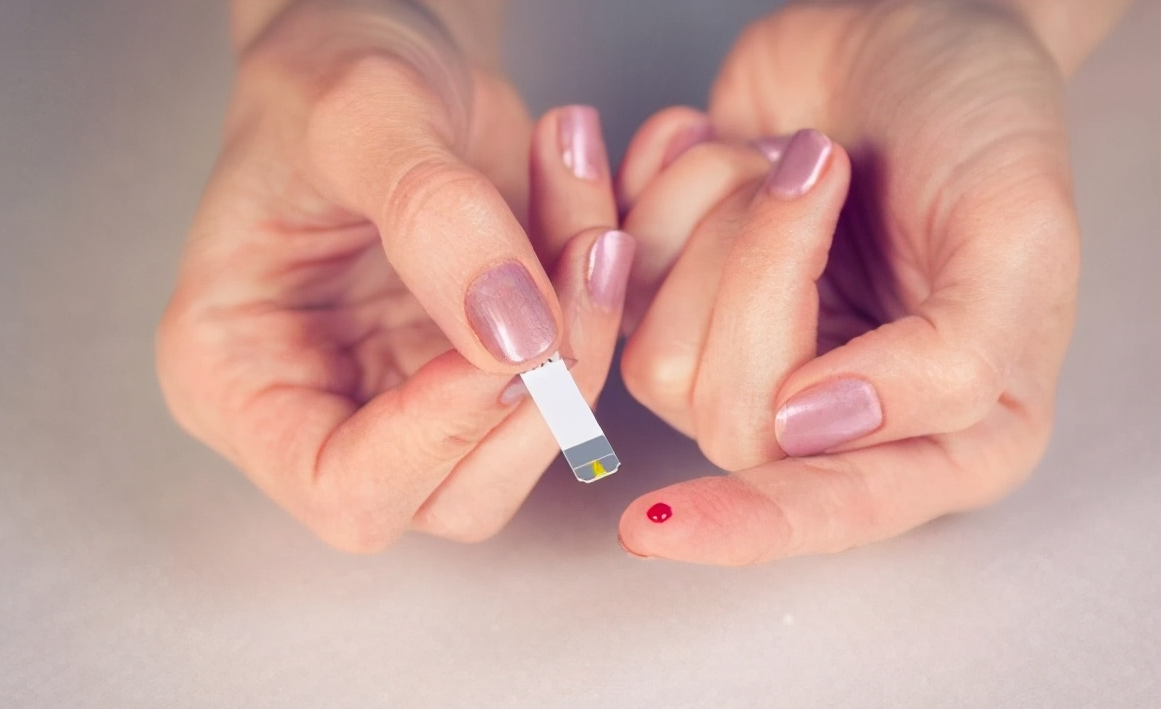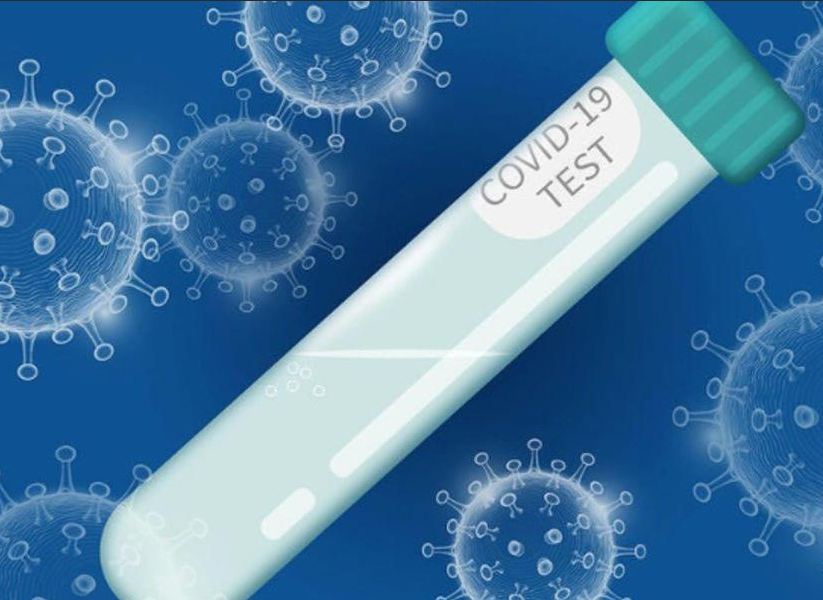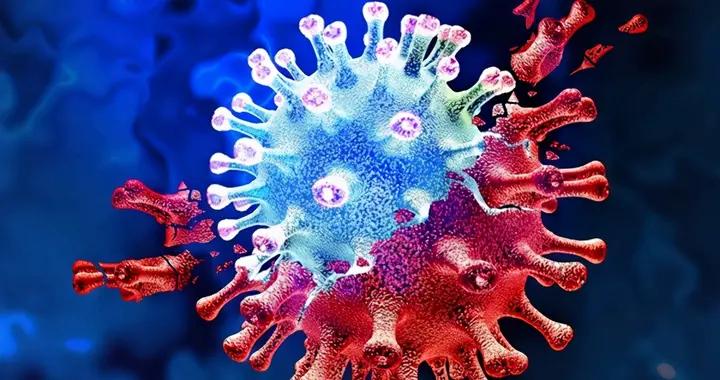创新背景
新冠疫情影响下,接种疫苗的排查对于防范病毒具有重要作用。
创新过程
为了确定病毒暴露状况和不同抗体是否存在差异,搜集使用2021年1月至3月之间收集的干唾液和血液样本,利用调查问卷的方式收集数据进行与SARS-CoV-2病毒相关的抗体水平的研究。

研究结果发表在2022年6月13日出版的《医学微生物学和免疫学》上。结果表明,易于自我收集的唾液和从指尖抽取的血液的干燥样本可用于监测人们对疫苗接种的免疫反应。免疫球蛋白G的感染性高达99.5%,特异性是75.3%,可以帮助区分两次疫苗接种的人与病毒已暴露和健康且未接种疫苗的个体,将感染Covid-19的个体和接种过一次疫苗的人区分开来。并且,从唾液中测得的免疫球蛋白G在区分两次疫苗接种的人与其他组方面也具有85.3%的敏感性和65.7%的特异性。

血液和唾液中抗体水平最高的是患过Covid-19并接种疫苗的人,最低的则是未接触过病毒,以前未曾感染并且没有接种疫苗的个体。研究人员表示,与预期不同的是,即使牙科护理过程中许多产生气溶胶的程序都在患者附近进行,但牙科护理人员的冠状病毒感染和暴露情况比医院医生少。

研究目标是在抗体研究中使用唾液的新信息,研究提供了使用唾液测定抗体水平的相关重要信息:干燥的样品更可靠地揭示了与病毒相关的抗体。干唾液和指尖血液样本易于收集,样本收集不需要固定在实验室进行,且收集成本低廉,唾液样本是非侵入性的。
创新关键点
利用指尖血液和唾液样本的干燥版本检测冠状病毒的反应。
创新价值
未来这种基于干燥斑点样品的测定技术可以有效地用于监测疫苗接种产生的免疫反应以及大量患者群体对疫苗的需求。
Dry samples facilitate the monitoring of coronavirus and vaccination
To determine whether there are differences in viral exposure and different antibodies, dry saliva and blood samples collected between January and March 2021 were collected, and data were collected using questionnaires to study antibody levels associated with the SARS-CoV-2 virus.
The findings were published in medical microbiology and immunology, published on June 13, 2022. The results showed that a dried sample of easy-to-collect saliva and blood drawn from fingertips could be used to monitor people's immune response to vaccination. Immunoglobulin G is up to 99.5% infectious and 75.3% specific, helping to distinguish between people who have been vaccinated twice and who have been exposed and healthy and unvaccinated, distinguishing between individuals infected with Covid-19 and those who have been vaccinated once. Moreover, immunoglobulin G measured from saliva also had a sensitivity of 85.3% and a specificity of 65.7% in distinguishing people from other groups who had been vaccinated twice.
The highest levels of antibodies in blood and saliva are those who have had Covid-19 and have been vaccinated, and the lowest are individuals who have not been exposed to the virus, have not been previously infected, and have not been vaccinated. Contrary to expectations, the researchers said, even though many aerosol-producing procedures during dental care were performed near patients, dental caregivers had fewer coronavirus infections and exposures than hospital doctors.
The goal of the study was new information about the use of saliva in antibody studies, and the study provided important information about the determination of antibody levels using saliva: dried samples more reliably revealed antibodies associated with the virus. Dry saliva and fingertip blood samples are easy to collect, sample collection does not need to be fixed in the laboratory, and collection is inexpensive, and saliva samples are non-invasive.
智能推荐
口腔医学技术创新 | 微机器人可以“可受控精度”到达牙齿根管表面
2022-10-08宾夕法尼亚大学牙科医学及其创新与精密牙科中心表明,微型机器人可以以可控的精度进入难以触及的根管表面。
涉及学科涉及领域研究方向创新利用地震成像技术进行大脑成像
2022-08-04伦敦大学学院(UCL)和伦敦帝国理工学院(Imperial College London)的科学家们开发了一种新的计算技术,可以通过一种只使用声波的小型设备,实现快速、精细的大脑成像。
涉及学科涉及领域研究方向使用植物甾醇开发饱和脂肪替代品
2022-08-14使用植物甾醇开发固体不饱和脂肪,寻找高脂肪产品的健康替代品。
涉及学科涉及领域研究方向熬夜会降低认知思维能力,提升工作中的错误率
2022-08-03该研究对275名大学生进行了控制睡眠时间的对照试验,实验结果表明熬夜会降低人的认知能力,而每增加10分钟的慢波睡眠能够减少工作中约4%的错误。
涉及学科涉及领域研究方向